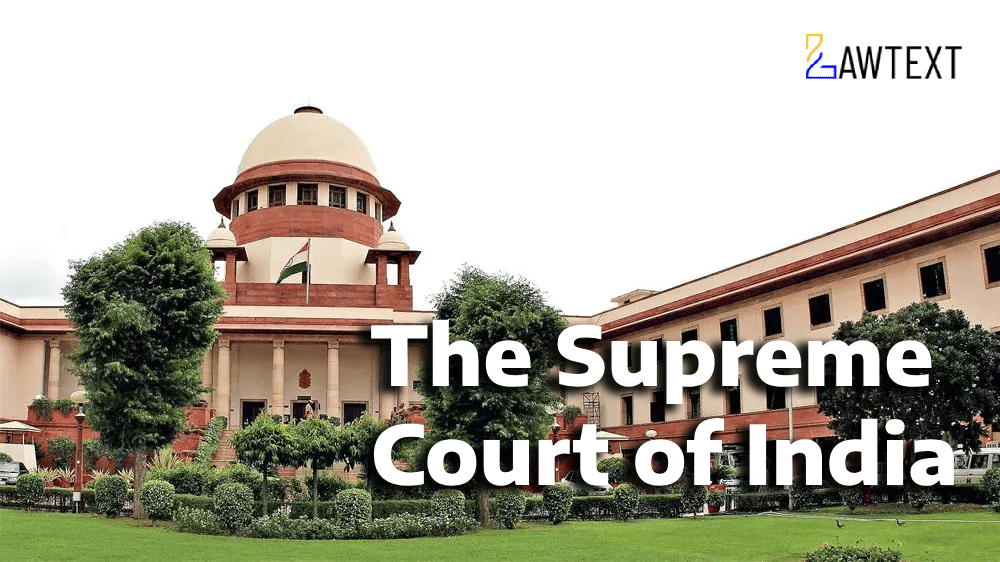

Power Under Section 319 CrPC: The Supreme Court reiterated the principles laid down in Hardeep Singh v. State of Punjab (2014) 3 SCC 92, holding that the power to summon additional accused under Section 319 CrPC can be exercised if the evidence discloses their complicity in the crime. The satisfaction required is higher than prima facie but short of certainty of conviction (Para 13, 14).
Evidence Standard: The word “evidence” in Section 319 CrPC is to be broadly understood and includes materials collected during investigation, not limited to trial evidence (Para 13).
Revisional Jurisdiction: The High Court erred in setting aside the Sessions Judge’s order, which had properly applied the Hardeep Singh test. The Sessions Judge’s conclusion was plausible and did not warrant interference (Para 18).
Role of Investigation Reports: Reports by Deputy Superintendents of Police exonerating the respondents could not conclusively negate their involvement, as the appellant’s testimony provided sufficient grounds for summoning (Para 17).
The Supreme Court allowed the appeal, setting aside the High Court’s order and restoring the Sessions Judge’s decision to summon respondents Rajesh Kumar and Neeraj. The Court held that the Sessions Judge’s satisfaction was legally sound and the High Court’s interference was unwarranted (Para 19).
Major Acts:
Code of Criminal Procedure, 1973 (CrPC) – Sections 193, 300, 319, 398.
Indian Penal Code, 1860 (IPC) – Sections 323, 324, 307, 506 read with Section 34.
Arms Act, 1959 – Section 25.
Subjects:
Section 319 CrPC, Summoning Additional Accused, Revisional Jurisdiction, Hardeep Singh, Plausible Conclusion.
Facts:
Nature of Litigation: Criminal appeal against High Court’s order setting aside the Sessions Judge’s decision to summon respondents as additional accused under Section 319 CrPC.
Remedy Sought: Appellant sought reinstatement of the Sessions Judge’s order summoning respondents Rajesh Kumar and Neeraj for trial alongside principal accused Mukesh.
Reason for Filing: The appellant, an Army personnel, alleged that he was assaulted by Mukesh and others during a volleyball game, sustaining life-threatening injuries.
Prior Decisions:
Sessions Judge allowed the application under Section 319 CrPC, summoning respondents.
High Court set aside the order, citing lack of corroborative medical evidence and reliance on police reports.
Issues:
Whether the High Court misapplied revisional jurisdiction in interfering with the Sessions Judge’s order under Section 319 CrPC?
Whether the evidence on record justified summoning the respondents as additional accused?
Submissions/Arguments:
Appellant: Argued that the Sessions Judge correctly applied Hardeep Singh and the appellant’s testimony provided sufficient grounds for summoning.
Respondents: Relied on police investigation reports to assert lack of involvement and contended that the medical evidence did not corroborate the appellant’s claims.
Ratio:
The power under Section 319 CrPC must be exercised when evidence discloses complicity, and the satisfaction required is akin to framing charges (Para 13, 14).
Revisional courts should adopt a “hands off” approach unless the lower court’s decision is absurd or legally untenable (Para 17).
Citation: 2025 LawText (SC) (4) 7
Case Number: CRIMINAL APPEAL No. 1487 OF 2025
Date of Decision: 2025-04-01
Case Title: SATBIR SINGH VERSUS RAJESH KUMAR AND OTHERS
Before Judge: (DIPANKAR DATTA J. , MANMOHAN J.)
Appellant: SATBIR SINGH
Respondent: RAJESH KUMAR AND OTHERS